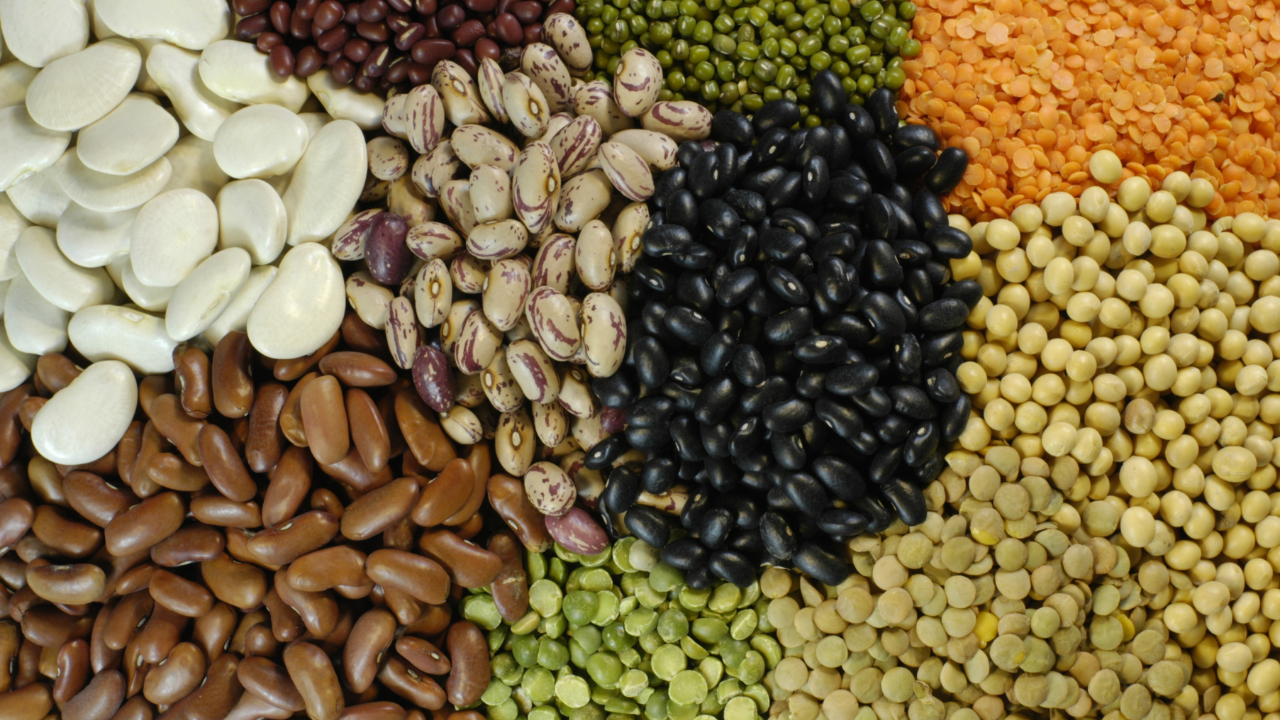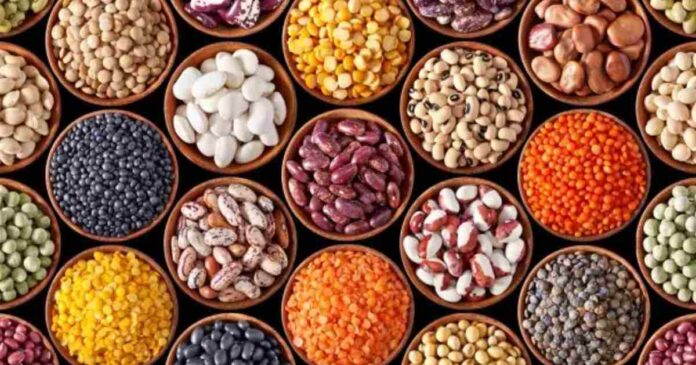February 10 is celebrated worldwide as World Pulse Day. The United Nations initiated this day to create an advocacy campaign to promote awareness of pulses. These tiny powerhouses are vital in fighting hunger, enhancing health, and saving the environment. Pulses are economical, healthful and environmentally friendly, so they deserve a special day.
What are Pulses?
Pulses are edible seeds from plants belonging to the leguminous family. Some examples are lentils, chickpeas, beans, or peas. For thousands of years, different cultures and communities have integrated pulses into their diets. A significant portion of the world’s population and their cultures have traditional meals revolving around pulses. They are very easy to cultivate and preserve, which is why they can be relied upon as a robust source of food.
Pulses are Packed with Nutrition
Pulses are full of important nutrients. They provide protein, fibre and essential vitamins. Many people who do not eat meat can get their protein from pulses. These tiny powerhouses also contain iron, which keeps the body strong and active. Since pulses have a low-fat content, they help maintain a healthy weight. Eating pulses regularly can improve digestion and keep the heart healthy. Talk about being an overachiever, right?

Read more: What World Cancer Day Teaches Us
Pulses are Good for the Environment
Pulses are said to be extremely beneficial for humans, but in addition, they are also beneficial for the planet. Growing pulses needs less water than other crops. Pollution is lessened due to this as plants use up the leftover nitrogen in the soil while growing. Chemical fertilisers are not a concern when including pulses in crop rotation thus making agriculture more sustainable.
Pulses Help in Food Security
Many people around the world struggle to find enough food. Pulses can be a solution to this problem. They are affordable and easy to store. This makes them an excellent option for communities that face food shortages. In many countries, government programmes include pulses in school meals to give children better nutrition.
How to Include Pulses in Your Diet
Adding pulses to meals is simple. People enjoy them in soups, salads, curries and even snacks. Cooking pulses is easy and does not take much effort. They can be boiled, mashed, or turned into flour for baking. Whether in a traditional daal or a modern hummus dip, pulses fit into every cuisine.
World Pulse Day reminds us of the power of these small but mighty foods. They are nutritious, affordable and environmentally friendly. Including more pulses in daily meals can improve health and support a sustainable future. So, on February 10, celebrate by enjoying a delicious meal made with pulses!
Stay tuned to Brandsynario for the latest news and updates.







































